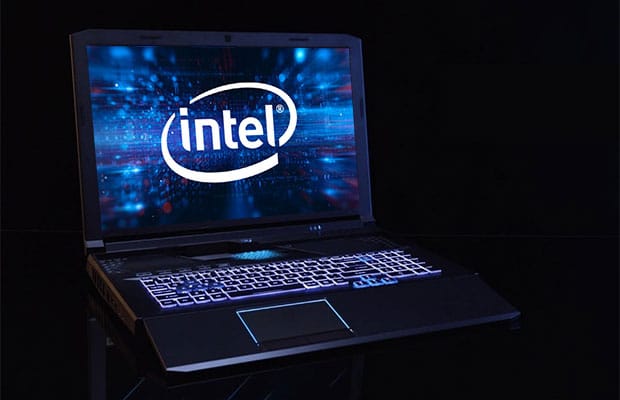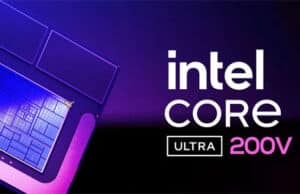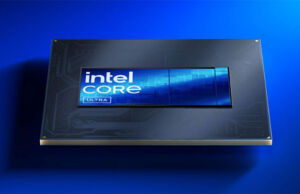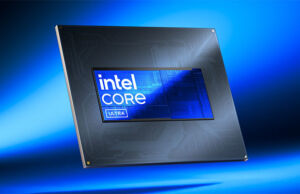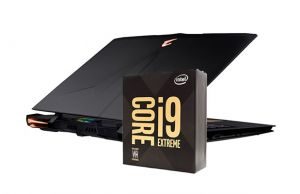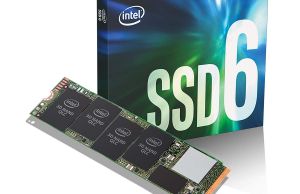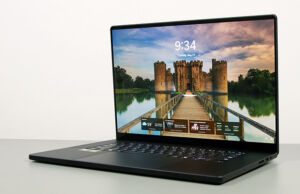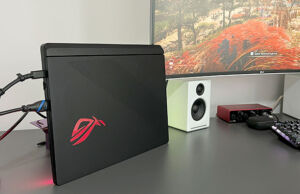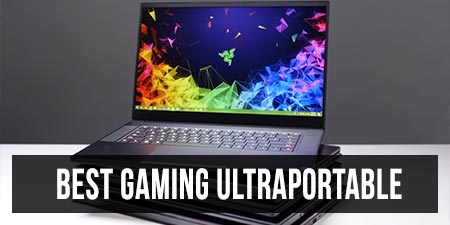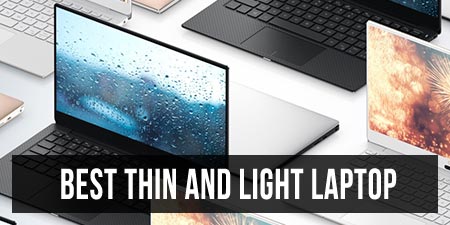Intel’s 10th gen Comet Lake-H hardware update is just around the corner now and the official launch is expected for early April 2020.
There is however lots of info about the platform out there, based on various leaks and product-listings. That’s why this article will quickly explain what to expect from the updated lineup in terms of specs, as well as peak at the performance based on the leaks available at this point (we’ll update once the final products are released and we get to test them).
Just like with Comet Lake-U, we know at this point that Comet Lake-H is a refinement of Intel’s 14 nm process, so pretty much Coffee Lake-R on steroids. That means higher Base and Turbo clock speeds, as long as allowed by the thermal implementations, support for Wifi 6, marginally improved integrated graphics (that nobody should care of) and a handful of design optimizations.
However, that means that the potential performance gains in demanding loads over existing Coffee Lake-R processors (i7-9750H, i5-9300H, i9-9880H) are highly dependent by each implementation’s ability to support high frequencies, and that’s more often than not an issue with even the best designs.
Nonetheless, here’s what to expect from the Comet Lake-H platform based on what we know so far, compared to their 9th gen counterparts. Take these with a grain of salt until confirmed.
| i7-10880H |
i7-9880H (Ark) |
i7-10750H |
i7-9750H (Ark) |
i5-10300H |
i5-9300H (Ark) |
|
| Build process | 14++++ nm | 14+++ nm | 14++++ nm | 14+++ nm | 14++++ nm | 14+++ nm |
| TDP | 45W | |||||
| Cores/Threads | 8/16 | 8/16 | 6/12 | 6/12 | 4/8 | 4/8 |
| CPU Base Frequency | 2.3 GHz | 2.3 GHz | 2.6 GHz | 2.6 GHz | 2.5 GHz | 2.4 GHz |
| Turbo – All Cores | ?? | 4.1 GHz | ?? | 4.0 GHz | ?? | 3.8 GHz |
| Turbo – 1 Core | 5.0 GHz | 4.8 GHz | 4.8 GHz | 4.5 GHz | 4.5 GHz | 4.1 GHz |
| L3 Cache | 16 MB | 16 MB | 12 MB | 12 MB | 8 MB | 8 MB |
| Memory |
DDR4 – 3200 Mhz | DDR4 – 2666 Mhz | DDR4 – 3200 Mhz | DDR4 – 2666 Mhz | DDR4 – 3200 Mhz | DDR4 – 2666 Mhz |
| Graphics | Intel UHD | Intel UHD 630 | Intel UHD | Intel UHD 630 | Intel UHD | Intel HD 630 |
As far as benchmarks results go, the results below are based on various Geekbench, Cinebench and 3DMark leaks.
Keep in mind that these will vary between implementations, based on the allowed TDP. The better designs would allow the CPUs to run at 60+ W on their maximum performance profiles, while mid-range designs would settle for standard 45W limits. In fact, I’ll go as far as say that Comet Lake-H would mostly make sense in a top-tier design with excellent cooling, as those would be the only ones that could realistically benefit from the higher potential frequencies.
OK, so let’s look at some of these early Cinebench results:
- i7-10750H – Cinebench R15: CPU – 1292 cb , Single Core – 185 cb (source) – solid result, but no details about the laptop. i7-9750H configurations can achieve similar results in good designs such as the ROG G531 or the MSI Raider GE65, but only with undervolted settings. That suggests a slight advantage for the i7-10750H.
- i5-10300H – Cinebench R20: CPU – 1924 cb (source) – good result, above average for a standard i5-9300H 45W implementation, but still no details on the implementation. However, i5-9300H configurations can score past 2000 points in high TDP products, as shown in our Legion Y540 review.
And here are the Geekbench results:
- i9-10880H – Geekbench 4: ~6100 points Single Core, ~32000 Multi Core (source) – these are the better results at this point, suggesting a higher tier implementation. i9-9880Hs rarely score this high even in workstation chassis, and better gaming designs such as the ROG G531 normally score around 5500 point Single Core, 29000 points Multi Core.
- i7-10750H – Geekbench 4: ~6000 points Single Core, ~26500 Multi Core (source) – again, these are the better scores, and a mid-range implementation (HP Omen) scored in the 5400 Single/22000 Multi. For comparison, i7-9750H systems score around 5600 Single / 26500 Multi for excellent implementations such as the MSI GS75 Stealth or Asus ROG Strix G731.
- i7-10750H – Geekbench 5: ~1180 points Single Core, ~6400 Multi Core (source) – on the MSI GS66 Stealth, with early drivers. For comparison, the i7-9750H on GS65 Stealth 9SF scores up to 1200 Single / 5800 Multi.
- i5-10300H – Geekbench 4: ~5400 points Single Core, ~18500 Multi Core (source) – in mid-range laptops such as the HP Envy and Omen. For comparison, i5-9300H systems score around 5000 Single / 17500 Multi in the better HP Omen implementations, but the processor can do better with higher power allocation.
Finally, here are some 3DMark results:
- i7-10750H – 3DMark Timespy: 7285 CPU Score (source) – good result, from a Lenovo Legion laptop. For comparison, the better i7-9750H laptops score around 7000 points in 3D Mark Time Spy – CPU.
- i7-10750H – 3DMark 11: 12803 Physics (source) – good result as well, this time from an Asus laptop. For comparison, the better i7-9750H laptops score around 13500 points in 3DMark 11 Physics.
That’s about it for now. Take these results with a grain of salt, but based on these numbers, Comet Lake-H will provide a small performance boost over existing Coffee Lake-R configurations in the better designs, both in single and multi-threaded loads.
Furthermore, don’t forget that most 2020 Comet Lake-H configurations will be paired with Nvidia’s updated Super GPUs and can benefit from incremental design changes and updates (such as with the brand new MSI GS66 Stealth and GE66 Raider), and these aspects could weigh heavier in your decision than the slight performance gains offered by Comet Lake-H. In fact, if multi-threaded performance is what you’re after, AMD Ryzen 7 4800H and Ryzen 9 4900H systems pretty much smoke their Intel counterparts, as long as you can find something up to your liking among the more limited number of available AMD-based SKUs.

